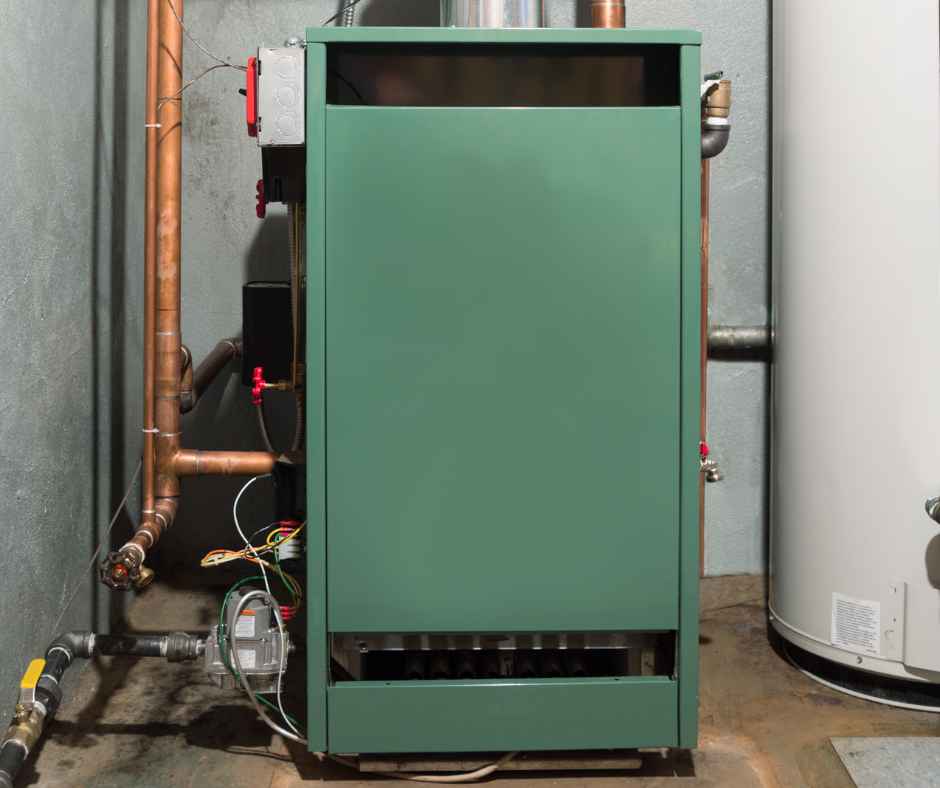Closed: Sun for God + Family time
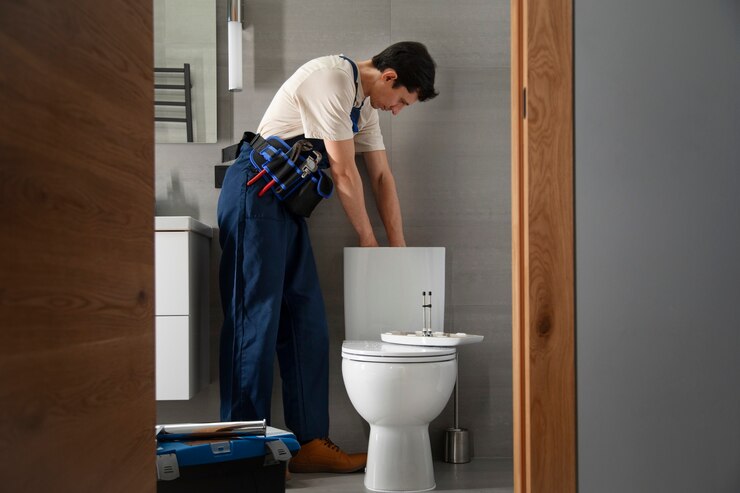
Clogged Toilet? Things Not To Do When Cleaning Your Toilet
At Armor Air, we believe in empowering our customers with the knowledge to maintain a smoothly running plumbing system. This guide is designed to help you identify common clogging culprits and adopt best practices for a clog-free future.
Paper Problems: Toilet Paper Alternatives That Clog
This section aims to highlight the toilet paper alternatives that can lead to clogs and provide insights on how to avoid these common yet preventable plumbing problems.
Toilet Paper Alternatives and Their Risks
Many products are marketed as a more luxurious or eco-friendly alternative to traditional toilet paper, but they often come with hidden drawbacks for your plumbing. Here’s a look at some popular options and why they might be problematic:
- Wet Wipes: Even those labeled as ‘flushable’ often fail to break down as quickly as toilet paper and can accumulate in your pipes.
- Paper Towels: Designed to be more durable and absorbent, paper towels do not disintegrate easily in water, leading to potential blockages.
- Facial Tissues: While they may seem similar to toilet paper, facial tissues have different properties and can take longer to break down.
- Baby Wipes: Like wet wipes, they are too sturdy to disintegrate properly and can quickly cause clogs.
Understanding the risks associated with each of these alternatives is the first step in protecting your plumbing.
The Consequences of Clogs
When these products lead to clogs, the consequences can range from mildly inconvenient to severely distressing. Slow drains, unpleasant odors, and the potential for sewage backup not only create an unsanitary environment but also necessitate costly repairs. Frequent clogs can also shorten the lifespan of your plumbing system, leading to more significant issues over time.
For homeowners in need of toilet repair in Greenwood, IN, it’s vital to recognize the signs of a clog early and address the issue promptly to prevent further damage.
Making Smart Choices
To maintain a clog-free bathroom, consider the following practices:
- Stick to Toilet Paper: Use regular toilet paper, ideally one that is septic-safe and breaks down easily.
- Dispose of Alternatives Properly: Place a bin in your bathroom for the disposal of wipes and other products.
- Educate Your Household: Ensure everyone understands the importance of what can and cannot be flushed.
Hygiene Products: A Hidden Hazard in Your Toilet
At Armor Air, we’ve seen firsthand the consequences of these seemingly harmless actions. This section aims to illuminate the hidden hazards of flushing hygiene products and provide guidance on how to avoid potential disasters.
The Risks of Flushing Hygiene Products
Hygiene products are often designed for convenience and absorbency, not for being flushed. Here’s a closer look at some common items that should never find their way down your toilet:
- Feminine Hygiene Products: Tampons and sanitary pads are designed to absorb and expand, which means they can easily cause blockages within your pipes.
- Diapers and Baby Wipes: Like feminine products, these are highly absorbent and can swell up, leading to serious clogs.
- Condoms: Non-biodegradable and designed to be durable, condoms are a common culprit in household plumbing issues.
- Dental Floss: It might seem thin and harmless, but dental floss can wrap around other debris in your pipes, creating larger blockages.
Each of these items can contribute to clogs, backups, and even damaged plumbing over time.
Understanding the Impact
When hygiene products cause blockages in your home’s plumbing, the immediate effects can include slow draining, gurgling sounds, and unpleasant odors. If left unaddressed, these issues can escalate into overflows, water damage, and costly repairs. Moreover, these clogs can affect your local sewage system, contributing to larger environmental and community problems.
For homeowners seeking plumbing service in Greenwood, IN, it’s crucial to understand the broader impact of your flushing habits and take steps to protect not just your home but also the larger infrastructure.
Best Practices for Disposal
The safest way to dispose of hygiene products is in the trash. Here are some tips to ensure you’re doing it right:
- Provide Alternatives: Keep a discreet, lidded trash can next to the toilet for easy disposal of personal products.
- Educate Your Household: Make sure everyone knows what should and shouldn’t be flushed.
- Consider the Environment: Opt for products with minimal packaging or those made from biodegradable materials to reduce waste.
Foreign Objects: Tales of Unexpected Toilet Tragedies
Common Culprits
Toys are frequent offenders, especially small, hard ones that can easily escape into the pipeline. But they’re not alone. We’ve retrieved everything from dental floss and cotton balls to eyeglasses and fabric pieces. In apartments and shared housing, the mystery deepens, with foreign objects sometimes tracing back to neighbors and previous occupants. Whatever the item, the result is often the same: a clogged and sometimes damaged system in need of expert toilet repair in Greenwood, IN.
The Cost of Curiosity and Carelessness
When these objects find their way into your plumbing, the consequences can range from mildly inconvenient to disastrously expensive. Clogs are just the beginning. Foreign objects can cause pipes to back up, overflow, or even crack, leading to water damage and the need for extensive repairs. The cost isn’t just monetary; the disruption to your daily life and the stress of emergency repairs take a toll as well.
Preventing Disasters
Prevention is always preferable to the cure. Here are a few tips to keep your toilet free from unwanted intruders:
- Educate Your Household: Make sure everyone knows what should and shouldn’t be flushed.
- Secure the Scene: Consider toilet locks in homes with young children or special needs individuals.
- Provide Alternatives: Keep a trash bin nearby for non-flushable items.
When the Unthinkable Happens
Despite your best efforts, accidents occur. If you find yourself facing a foreign object fiasco, it’s crucial to act quickly. Avoid the temptation to flush repeatedly, as this can exacerbate the problem. Instead, if the object is out of reach and you’re in or around Franklin, contacting plumbing contractors in Franklin, IN, like those at Armor Air, is your safest bet. Our experienced professionals are equipped to handle even the most unusual situations with tact and efficiency.
The Truth About ‘Flushable’ Wipes: A Plumber’s Perspective
‘Flushable’ wipes are a popular product in many households, praised for their purported ease of use and disposability. However, as professionals deeply rooted in the plumbing industry, we at Armor Air feel compelled to shed light on the less-discussed realities of these wipes from a plumber’s perspective.
Understanding ‘Flushable’ Wipes
The term ‘flushable’ suggests that these wipes easily break down in water like toilet paper. In reality, most of these products do not disintegrate as quickly or as thoroughly as they claim. Unlike toilet paper, which typically dissolves within 24 hours, many wipes remain intact and can accumulate in your pipes.
The Impact on Your Plumbing
When ‘flushable’ wipes travel through your home’s plumbing, they often fail to break down sufficiently. This resistance to disintegration can lead to blockages, particularly in the bends and joints of the pipes where materials can easily catch and build up. Over time, these blockages can grow, causing reduced flow and even backups. For homeowners seeking plumbing service in Greenwood, IN, a common issue our technicians encounter is clogs directly attributed to these wipes.
The Wider Consequences
The problem extends beyond individual homes. In municipal sewer systems, flushable wipes can contribute to the formation of large blockages known as ‘fatbergs.’ These are conglomerations of grease, wipes, and other non-biodegradable materials that can cause significant damage and require costly repairs. As a result, many cities are spending millions to address these issues, which can indirectly affect residents through higher utility fees.
What Plumbers Wish You Knew
As experienced plumbing contractors in Franklin, IN, we’ve seen firsthand the havoc these wipes can wreak on plumbing systems. Here’s what we want homeowners to know:
- Wipes Don’t Break Down Like Toilet Paper: Even if a wipe makes it past your toilet, it may not make it through the entire sewer system.
- Clogs Can Be Costly: Regular use of these wipes can lead to expensive plumbing repairs and maintenance.
- Alternatives Exist: Consider using bidets or toilet paper sprays that offer similar benefits without the plumbing risks.
Making Informed Decisions
Before reaching for that next wipe, consider the potential impact on your plumbing and the broader sewer system. If you’ve been using these products and are experiencing slow drains or frequent clogs, it might be time for a professional inspection. For those in need of toilet repair in Greenwood, IN, Armor Air is here to help diagnose and resolve any issues, ensuring your plumbing remains in top condition.
A clogged toilet is more than a minor annoyance; it’s a sign of deeper issues within your plumbing system. At Armor Air, we’re dedicated to providing top-notch plumbing service in Greenwood, IN, and the surrounding areas. By understanding what not to flush, you’re taking a crucial step in maintaining a healthy, clog-free home. For any plumbing needs, from routine maintenance to emergency repairs, trust the expertise of our plumbing contractors in Franklin, IN. Together, we’ll ensure that your home’s plumbing is efficient, reliable, and clog-free. Remember, a little knowledge and prevention can save you from the inconvenience and cost of future repairs.
Share This Story, Choose Your Platform!
Recent News

When Should You Upgrade To a Smart Thermostat?
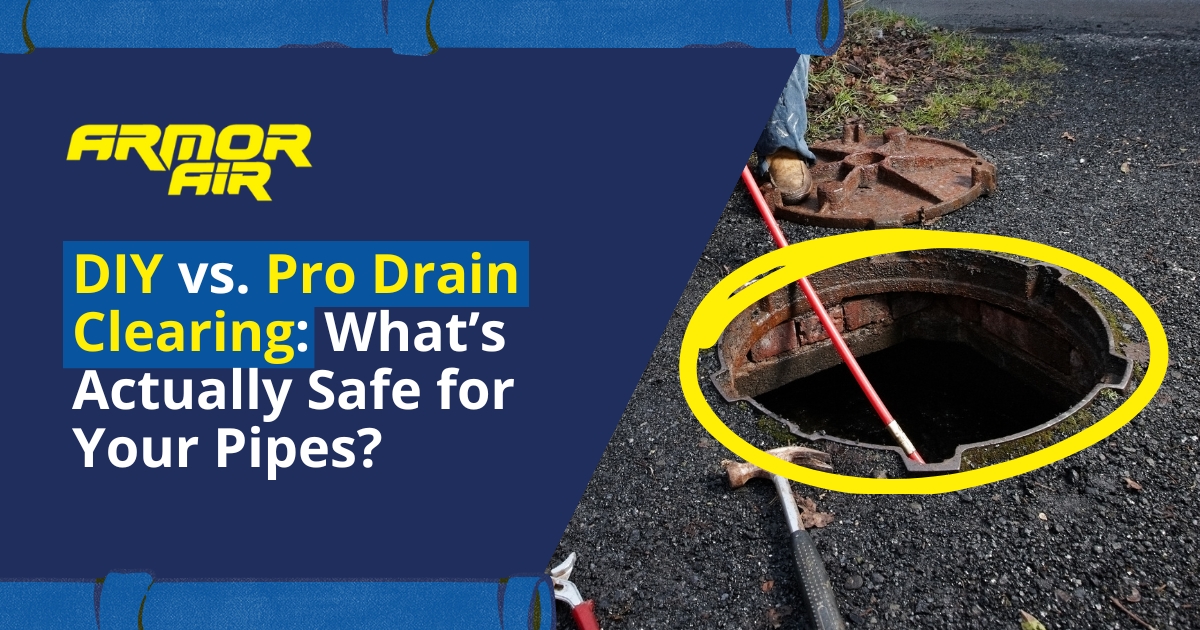
DIY vs. Pro Drain Clearing: What’s Actually Safe for Your Pipes?

How Whole-Home Surge Protection Shields Your HVAC & Appliances

Top 5 Causes of AC Breakdowns During Indiana Heatwaves
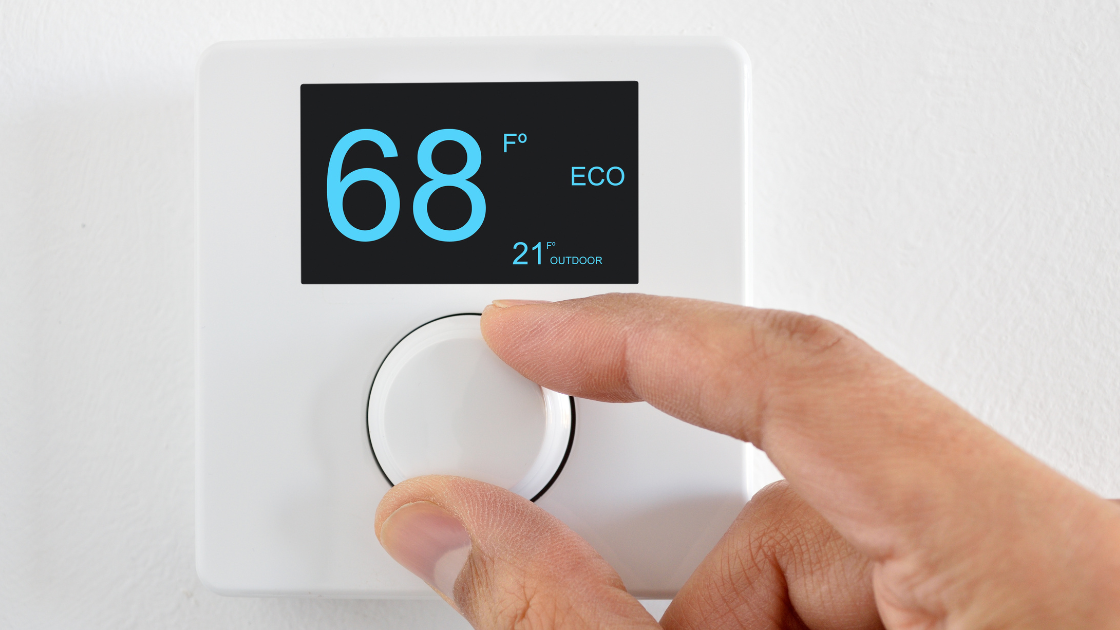
Help! My Heater Won’t Turn Off
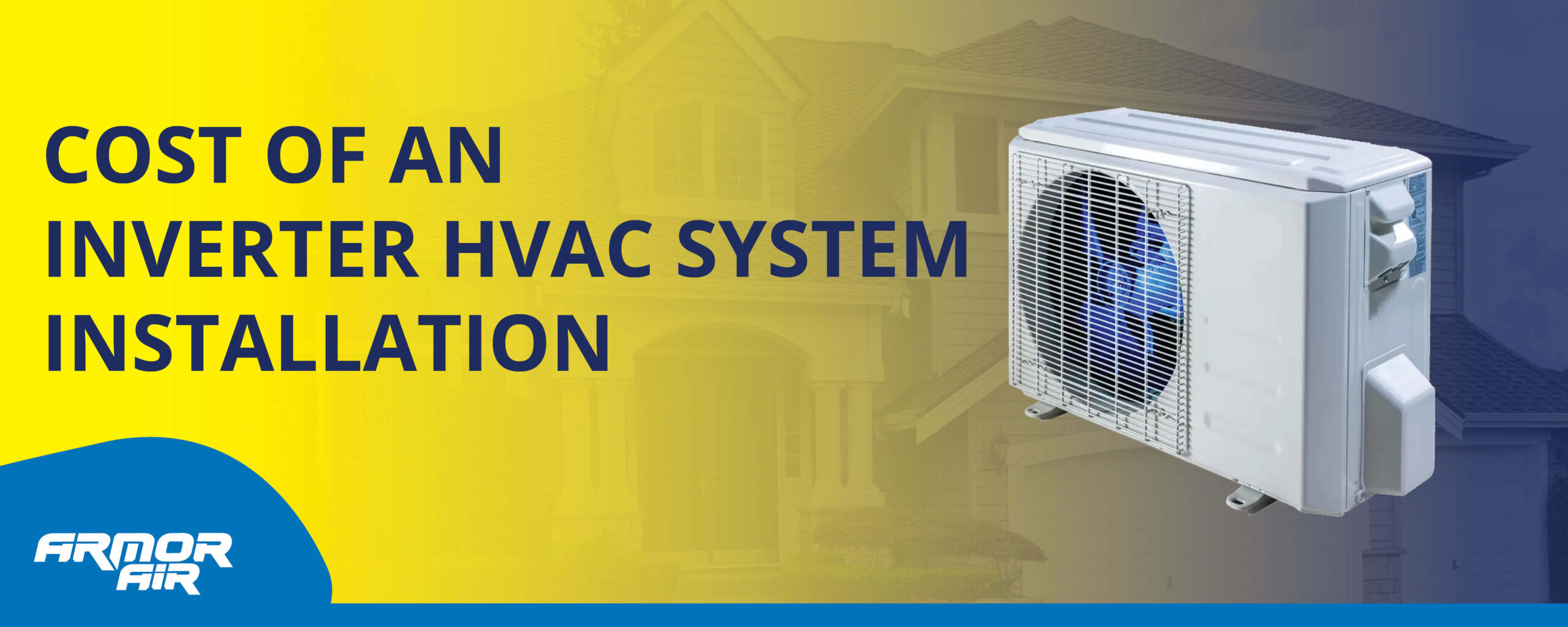
How Much Does an Inverter HVAC System Installation Cost (2025)
